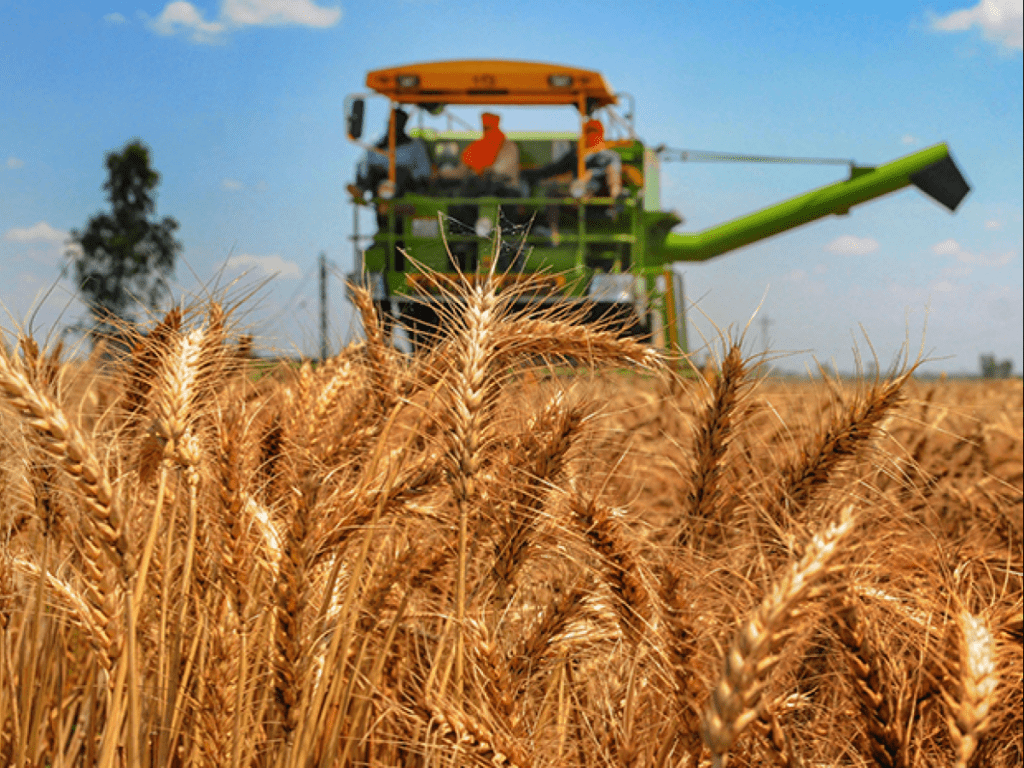In the not-too-distant future, following the breakthrough of research programmes on Wheat, Nigeria would commence the exportation of high-quality wheat to other countries, Value Chain Specialist at Technologies for African Agricultural Transformation (TAAT), Dr. Oluwatoyin Adetunji, has said. She dropped this hint while speaking at the flag off of a two day training workshop for wheat stakeholders in Kano, to identify challenges mitigating wheat production in Nigeria. FarmingFarmersFarms gathered that the objective of the workshop include the identification and causes of seed mixtures, along the seed value chain, as well as to identify the missing gaps in the seed development process.
She stated that stakeholders would brainstorm, through interaction to identify specific problems relating to their organisations, adding that the workshop would engage in technical knowledge sharing on how to develop the seed sector for efficiency and effectiveness. She stated that TAAT seeks to ensure the growth of the agriculture sector, improve food security, and encourage inclusive growth by involving more women and youth, and that it also promotes improved resilience to climate variability and shock. Speaking further, she said that TAAT had begun the process of developing a robust seed sector for the provision of adequate quality wheat seeds that are accessible and affordable to Nigerian farmers.
Adetunji noted that wheat is very important and is most commonly-consumed globally, as it is used for the production of bread, Macroni and Spaghetti, among other varieties in Nigeria. “Following our commitment and determination, we have, through intensive research programmes, developed heat-tolerant seedlings that can survive in Nigeria”, she stated. Adetunji lamented the fact that Nigeria imports not less than 95 per cent of wheat into the country, a situation that had been draining the nation’s foreign exchange. She, however, listed the challenges currently facing TAAT to include, technology and financing, which she emphasised that the workshop would squarely addressed, towards making Nigeria self-sufficient in wheat production to rival Ethiopia and Sudan, which are said to be self-sufficient in Wheat production.

